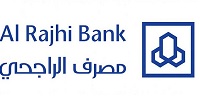Humanitarian-development Nexus
The Importance of The Humanitarian-development Nexus
About The Forum
The 2nd Riyadh International Humanitarian Forum is an opportunity for principled humanitarians to gather to discuss and reflect on global humanitarian policies and practices, affirming adherence to international humanitarian principles that place affected populations at the center of global humanitarian action. The forum is also an opportunity to drive meaningful change and explore ways to deliver assistance more efficiently. The event will focus on addressing the most pertinent issues of the current global humanitarian challenges, drawing on best practices from leading humanitarian actors. The event will also facilitate discussions on the importance of developing, strengthening and delivering humanitarian assistance according to the highest standards of quality and efficiency to affected populations worldwide.
-
Objectives
1. Exchanging ideas and experiences on bridging the gaps between the humanitarian and development sectors in order to achieve more sustainable results.2. Finding innovative and effective solutions to challenges and difficulties in providing humanitarian health assistance.3. Developing practical and effective solutions to the humanitarian challenges facing both migrants in their communities of origin and in host communities.4. Sharing experiences and best practices in supporting children, women and youth affected by conflict, disasters and violent extremism.5. Promoting creativity and innovation through evidence-based professional practices in humanitarian intervention.
-
Participants
1. Decision-makers in the international humanitarian community.2. UN Organizations, NGOs and INGOs.3. International and national agencies.4. Academicians and researchers specialized in humanitarian assistance.
-
Themes
1. Humanitarian and Development Nexus.
2. Women, Children and Adolescents in Crisis.
3. Health in a Humanitarian Context.
4. Migration, IDPs and Refugees.
5. The Role of Creativity and Research in Humanitarian Action.
-
Forum Program
10:30 - 09:00
First High-level Session
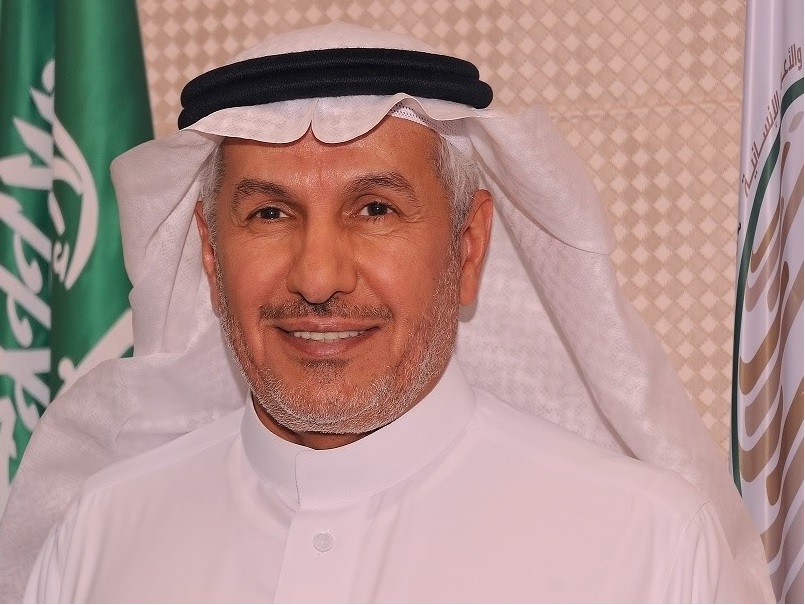
Dr. Abdullah Al Rabeeah
Speaker
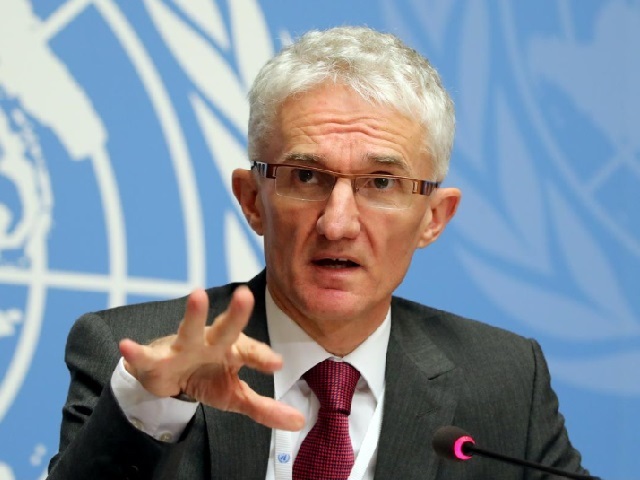
Mark Lowcock
Speaker
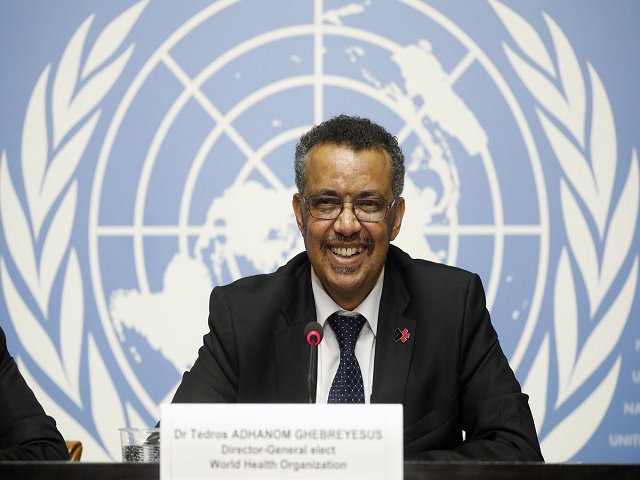
Dr. Tedros Adhanom Ghebreyesus
Speaker
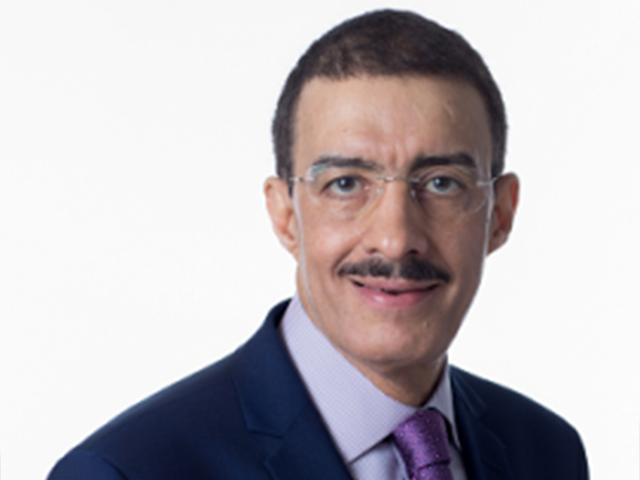
Dr. Bandar M. Hajjar
Speaker
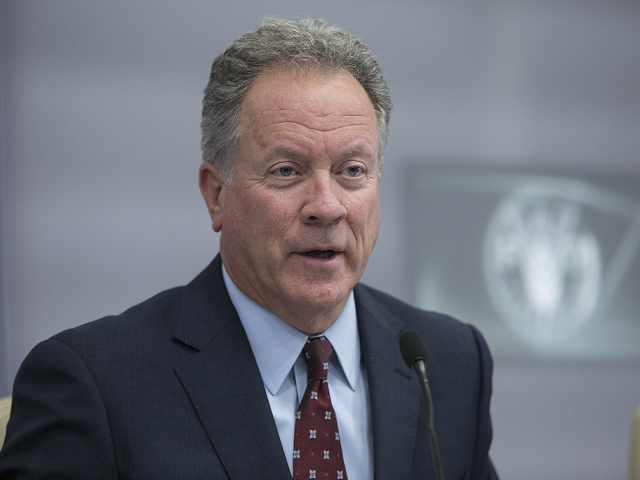
David Beasley
Speaker
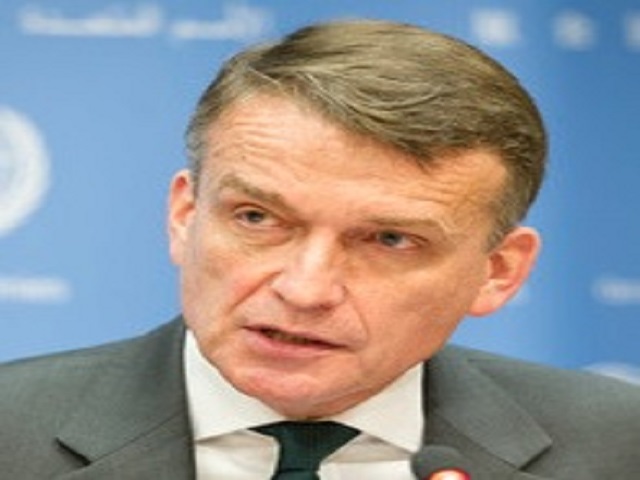
Christian Saunders
Speaker

Hadley Gamble
Moderator
11:55 - 11:00Opening Ceremony12:00 - 13:30First High-level Session
Humanitarian-development Nexus
Activating The Mechanisms of The Humanitarian-development Nexus
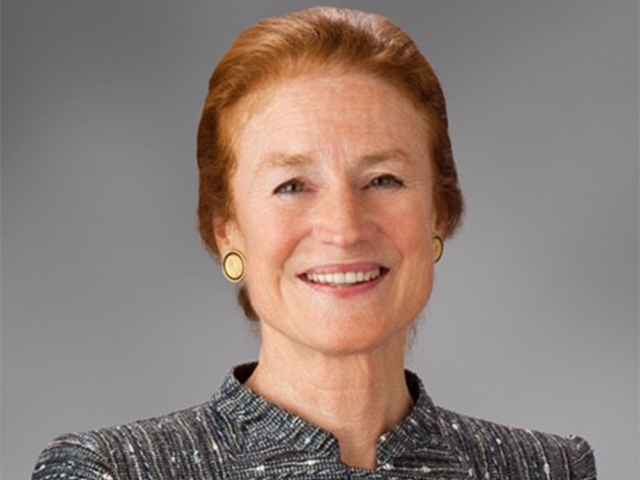
Henrietta Fore
Speaker
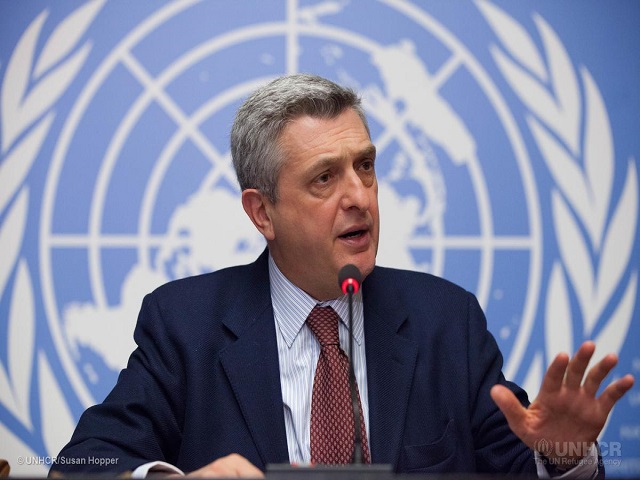
Filippo Grandi
Speaker
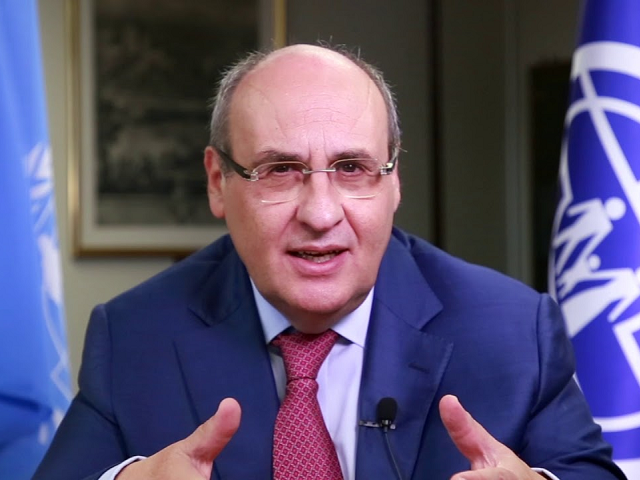
António Vitorino
Speaker
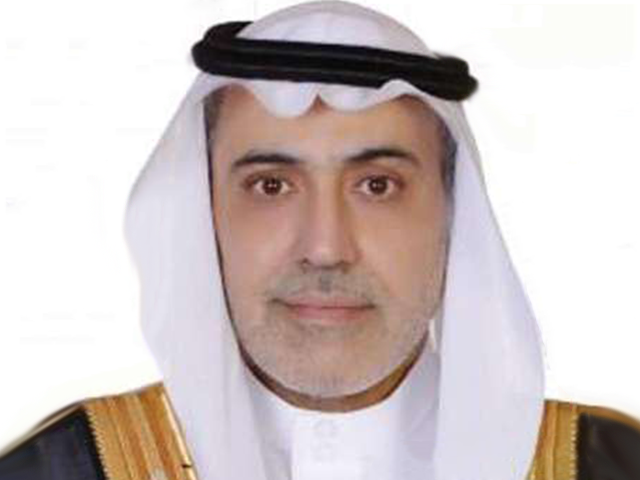
Dr. Khaled Bin Sulaiman Al Khudairy
Speaker
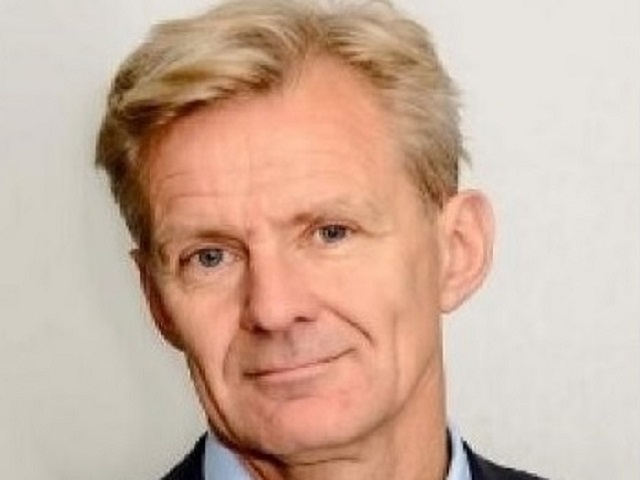
Jan Egeland
Speaker

Hadley Gamble
Moderator
13:30 - 14:30Dhuhr Prayer and Lunch Break14:30 - 16:30Second Session
Mass Migration Flows From Africa Across The Seas To The Gulf States and Europe In Humanitarian Settings
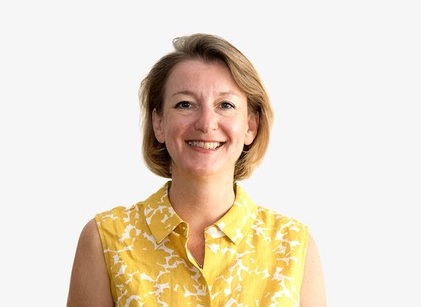
Jennifer Townson
Speaker

António Vitorino
Speaker
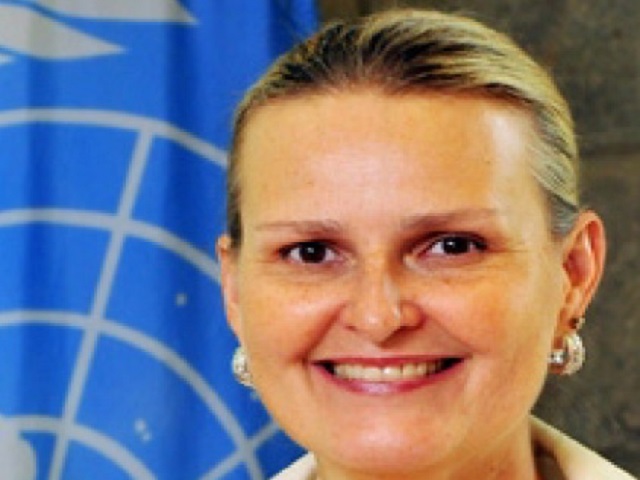
Lise Grande
Speaker
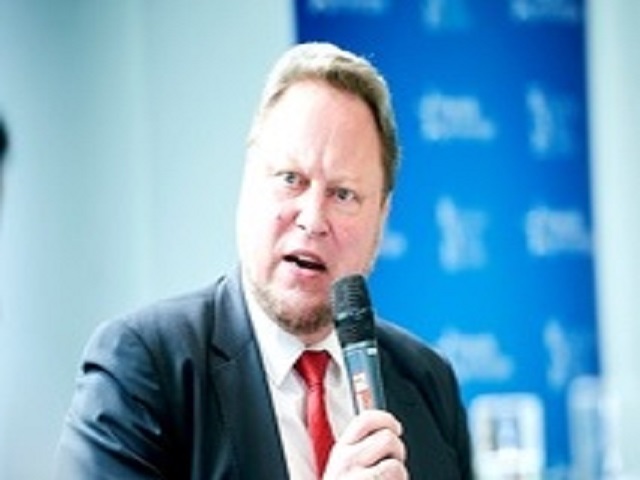
Dr. Michael Kohler
Speaker
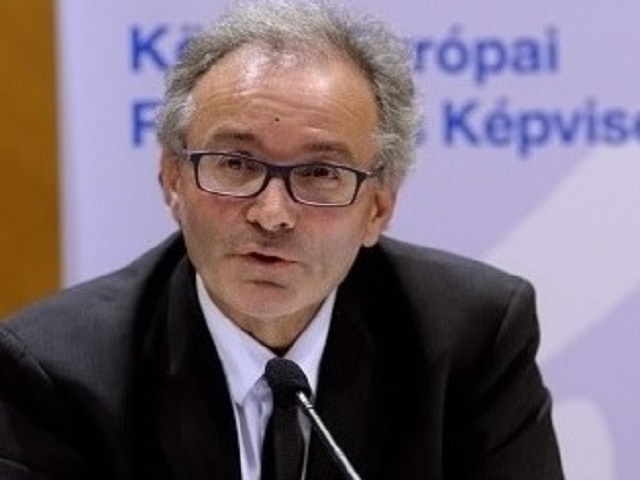
Vincent Cochetel
Speaker

Elise Labott
Moderator
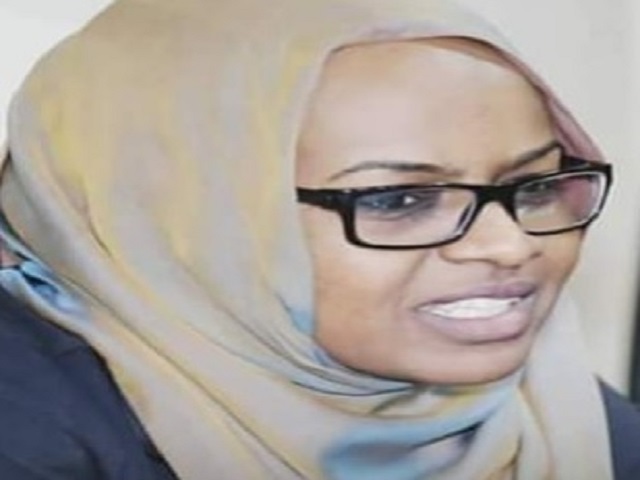
Lena Mahgoub
Speaker
16:30 - 17:30First Media Session
( The role of the media in Supporting Humanitarian Work )

Dr. Ayed Almanna
Speaker
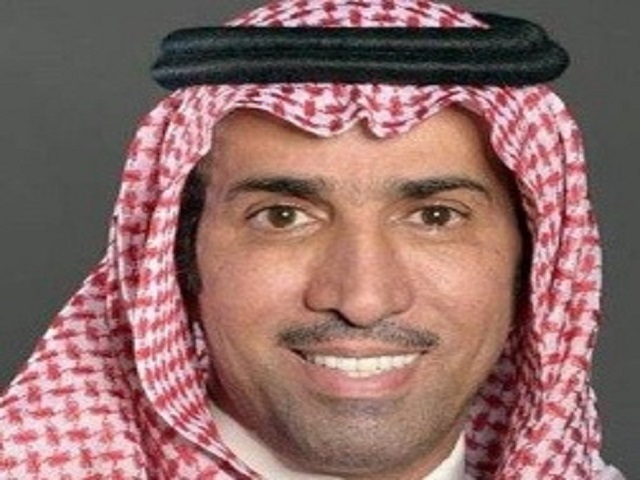
Fayez Almalki
Speaker
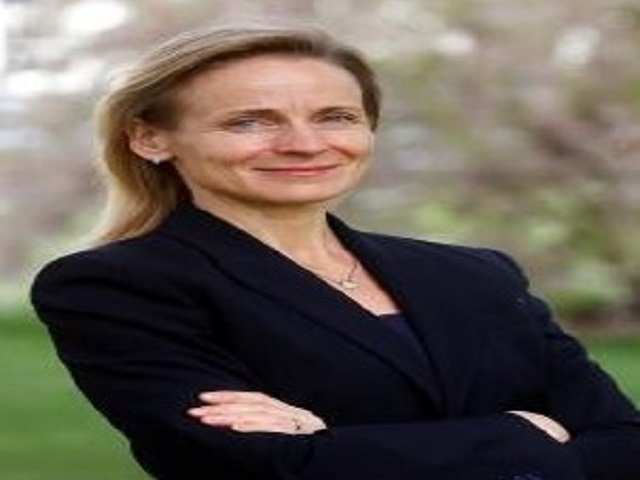
Gunilla Von Hall
Speaker
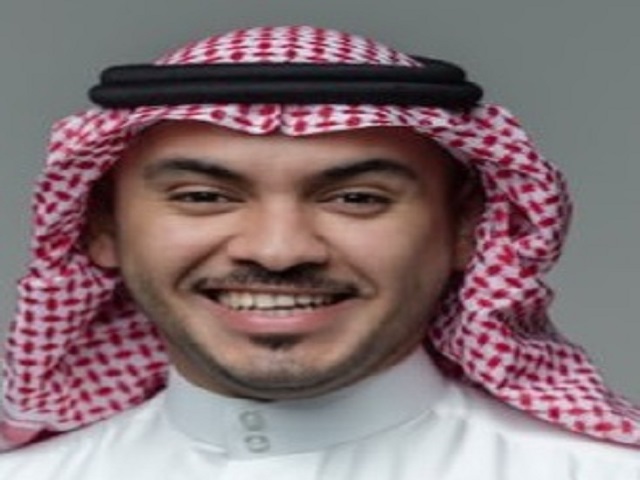
Hitham Khaled
Speaker
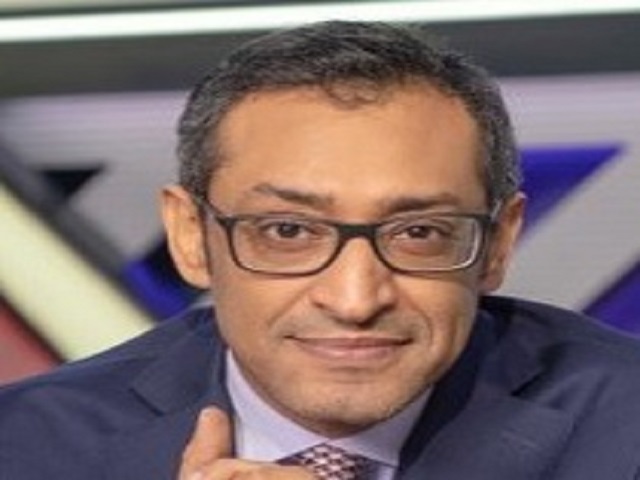
Khalid Madkhali
Moderator
17:30 - 18:30Second Media Session
( Traditional versus new media methods in effectively covering humanitarian crises and events )
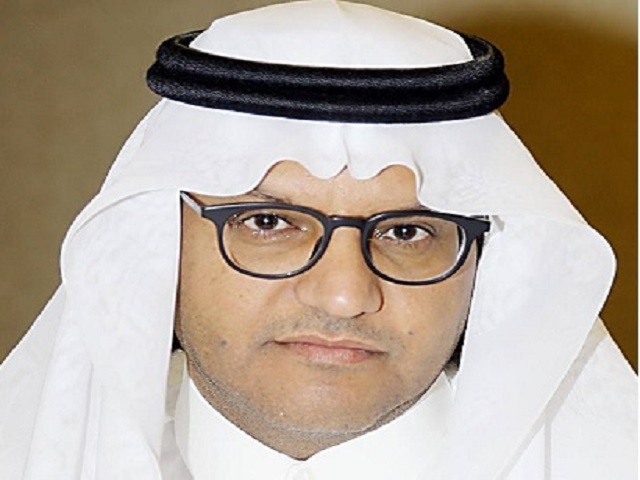
Jameel Altheyabi
Speaker
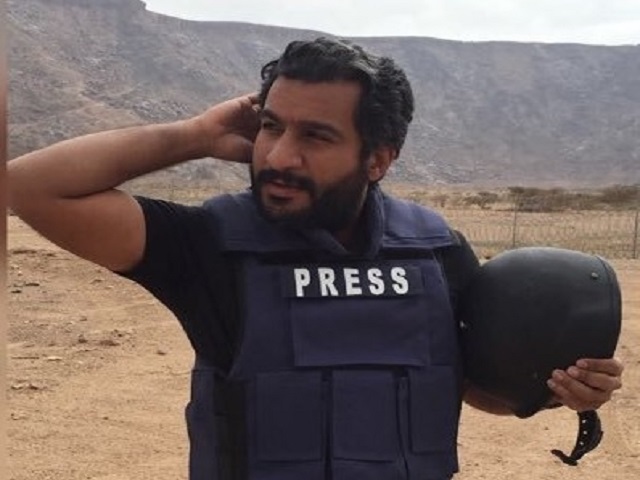
Hani Alsufayan
Speaker
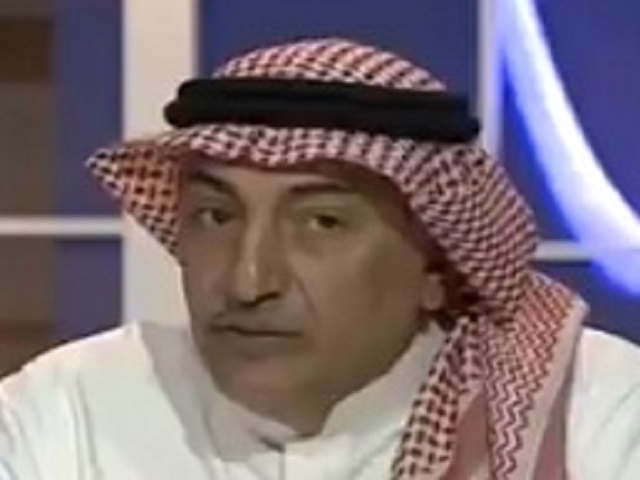
Ali Alghamdi
Speaker

Juliette foster
Speaker
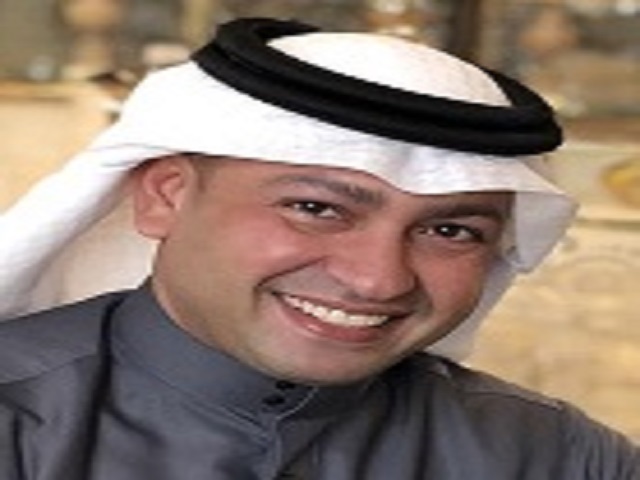
Mohammed AlTomaihi
Moderator
End of the First Day11:00 - 09:00Third Session
Women, Children and People With Special Needs In Crisis and The Humanitarian Work Challenges
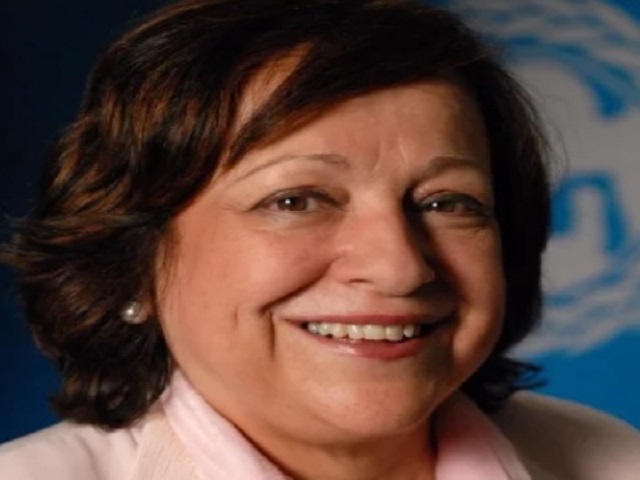
Dr. Rima Salah
Speaker
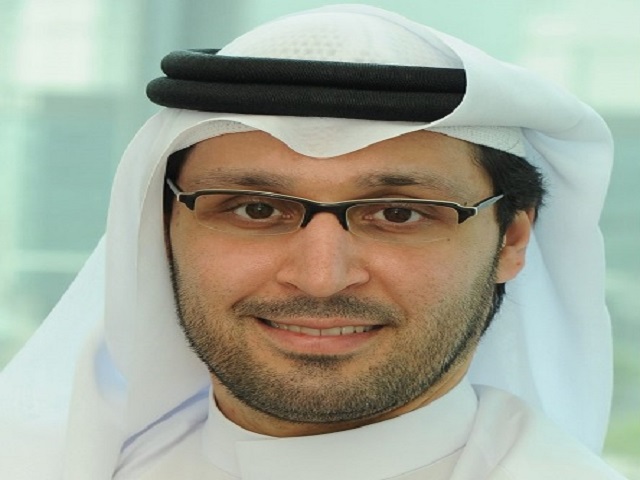
Dr. Tariq Al Gurg
Speaker
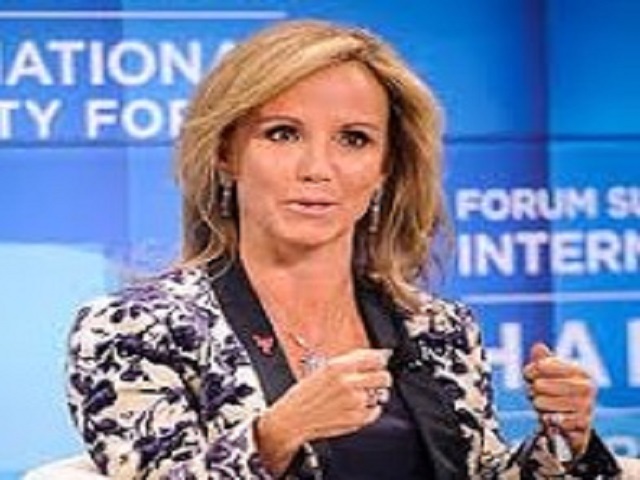
Frances Townsend
Speaker
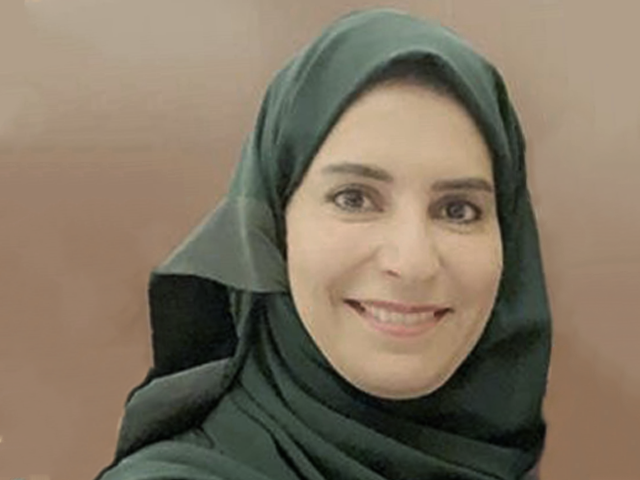
Dr. Amal Al Habdan
Speaker
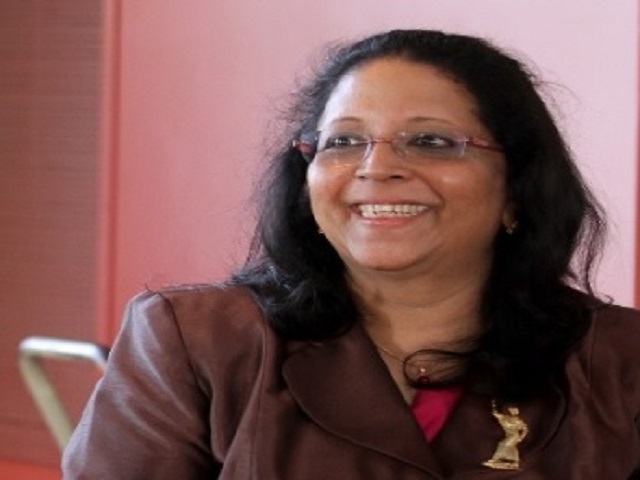
Dr. Padmini Murthy
Speaker

Juliette foster
Moderator

Lena Mahgoub
Speaker
12:30 - 11:00Fourth Session
Evidence-based Professional Practice In Humanitarian Intervention
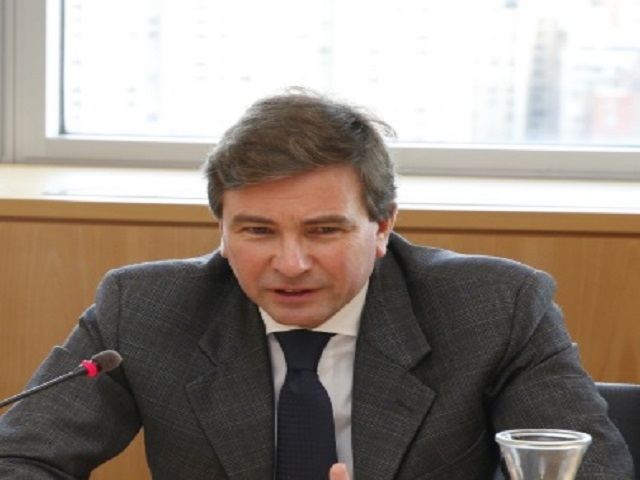
Dominik Heinrich
Speaker
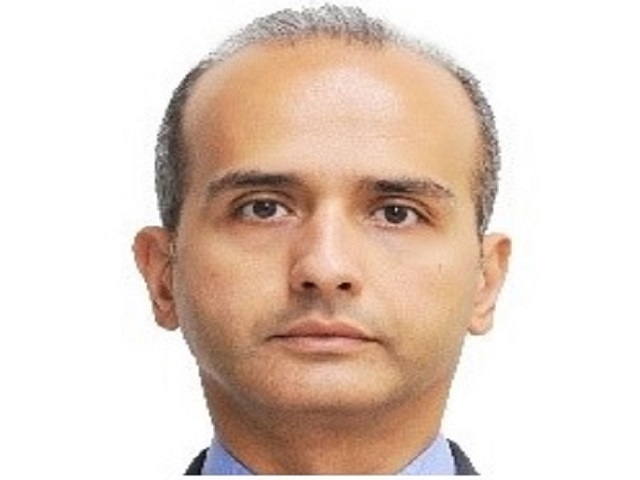
Dr. Erfan Ali
Speaker
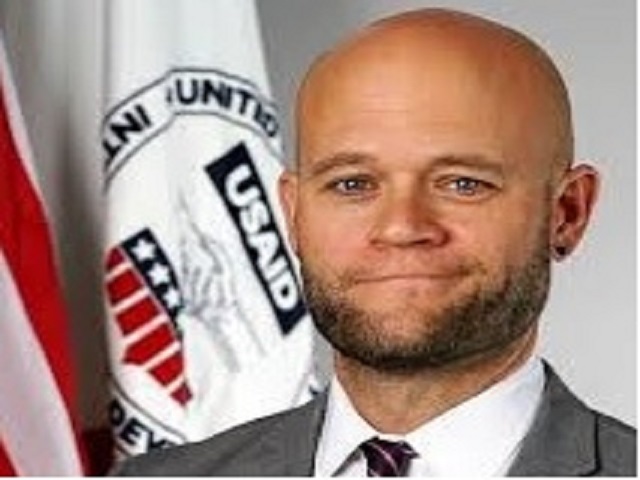
Trey Hicks
Speaker

David Harden
Speaker
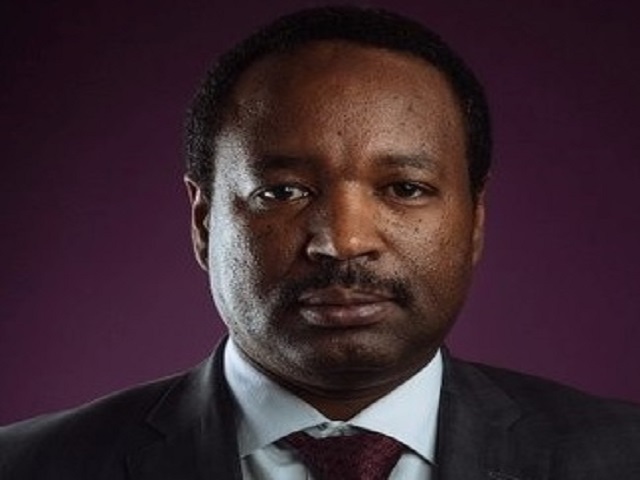
Dr.Mohammed Abdiker
Speaker
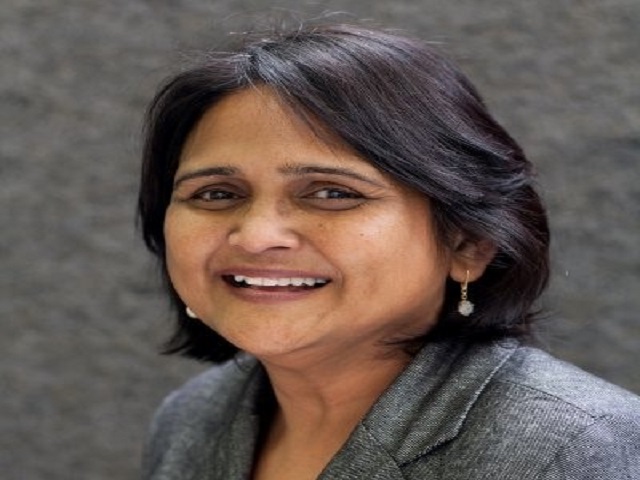
Dr. Tanjina Mirza
Speaker
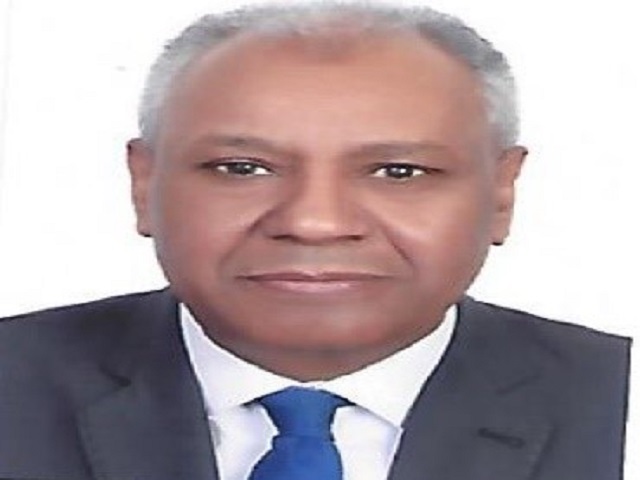
Dr. Hegazi Idris Ibrahim
Speaker

Bogdan Dumitru
Speaker
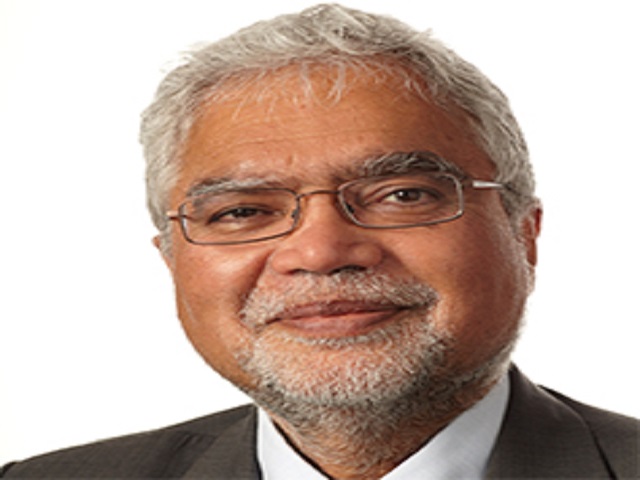
Mukesh Kapila
Moderator
12:30 - 13:30Dhuhr Prayer and Lunch Break14:00 - 16:00Fifth Session
Health In The Humanitarian Context - Communicable Disease
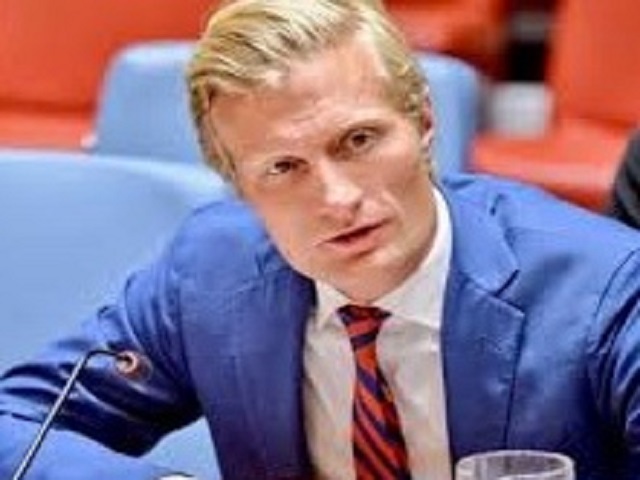
Ambassador Carl Skau
Speaker
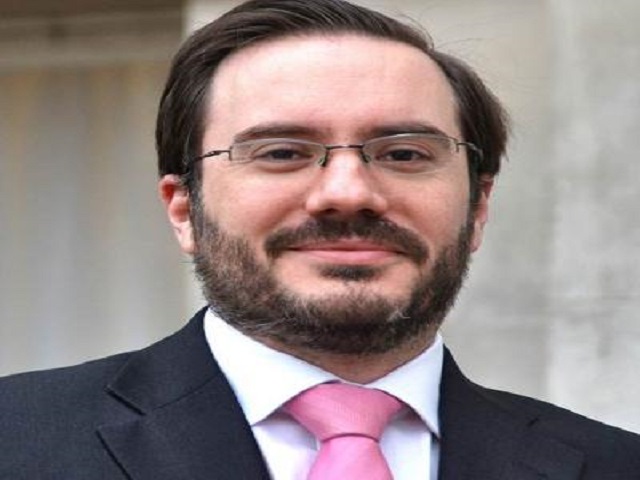
Mark Bryson-Richardson
Speaker
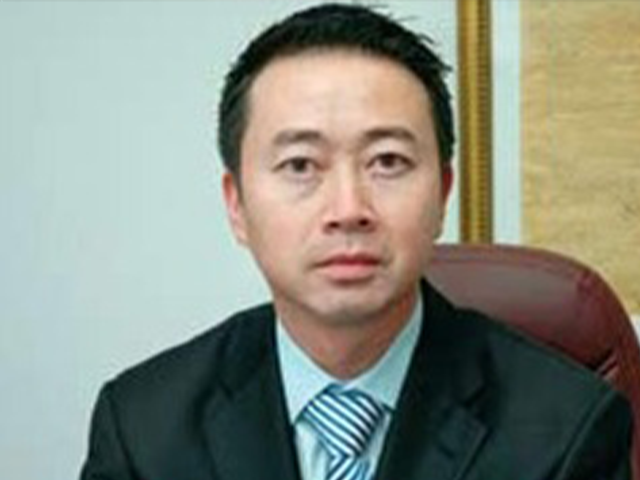
Dr. Ky Luu
Speaker
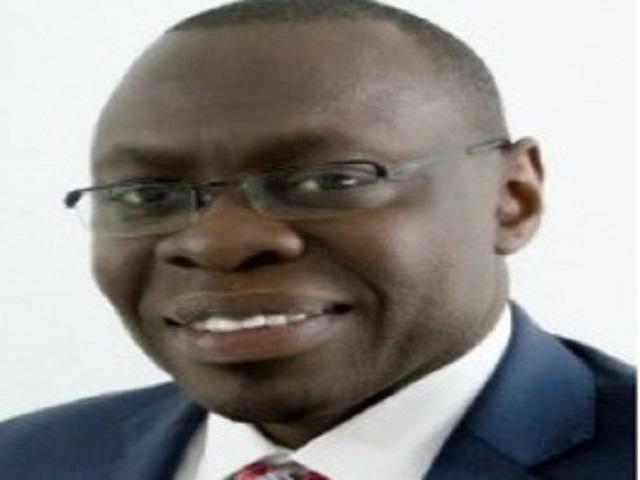
Dr. Ibrahima Socé Fall
Speaker

Elise Labott
Moderator
16:00 - 16:15Recommendations16:15 - 18:15Volunteer Session
( The Impact of Medical Volunteering on Affected Communities )
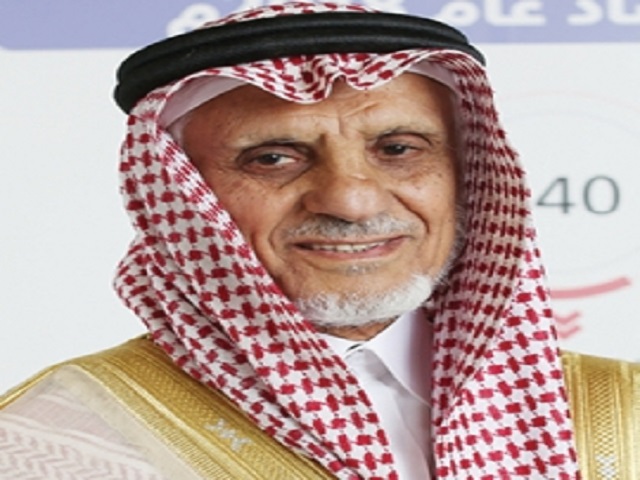
Dr. Abdulrahman AlSwelim
Speaker
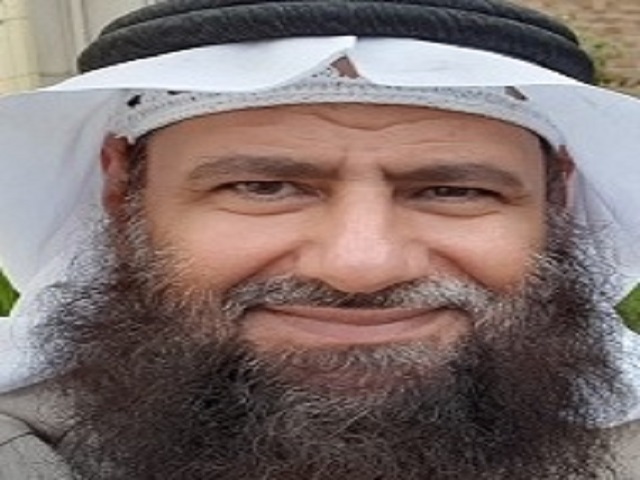
Dr. Ziyad Al Suwaidan
Speaker
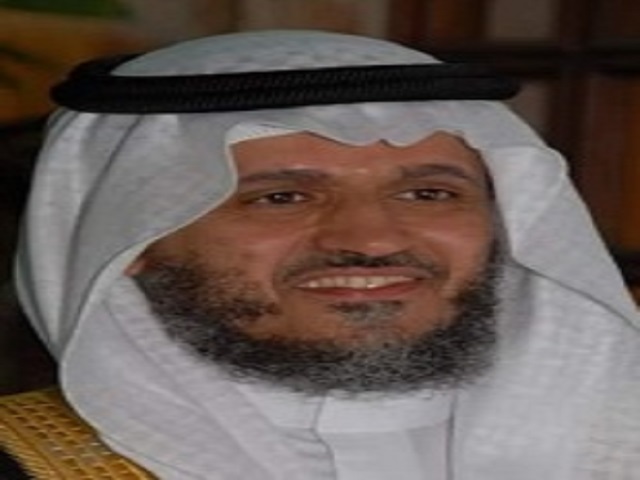
Dr. Jameel Alata
Speaker
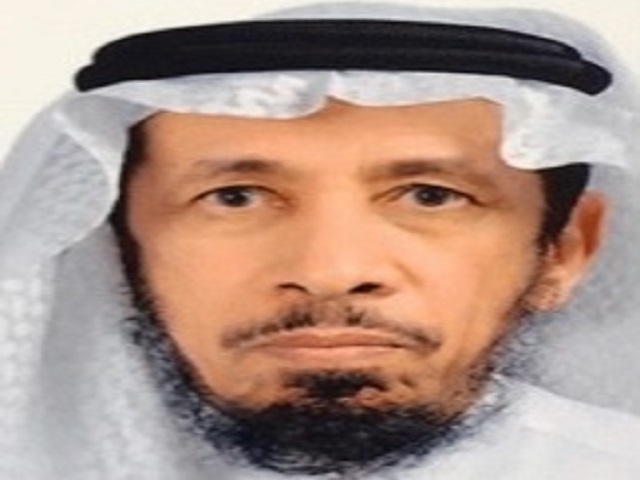
Dr. Abdullah Al Mutrafy
Speaker
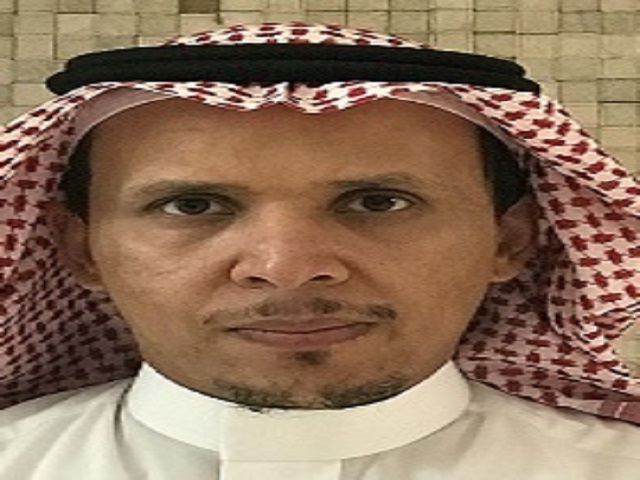
Dr. Ali Almasood
Speaker
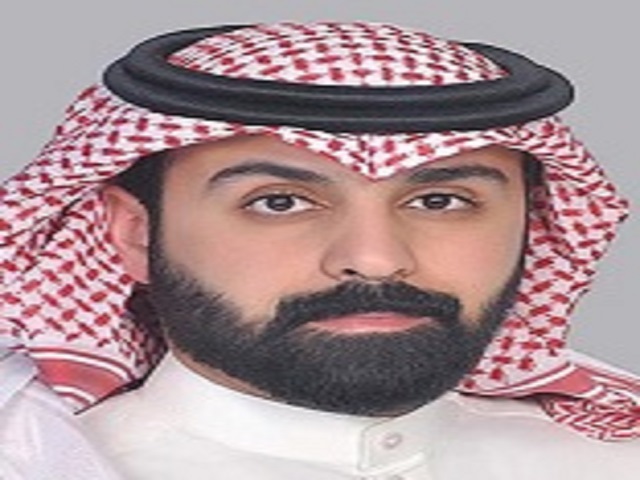
Dr. khalid al Otaibi
Speaker
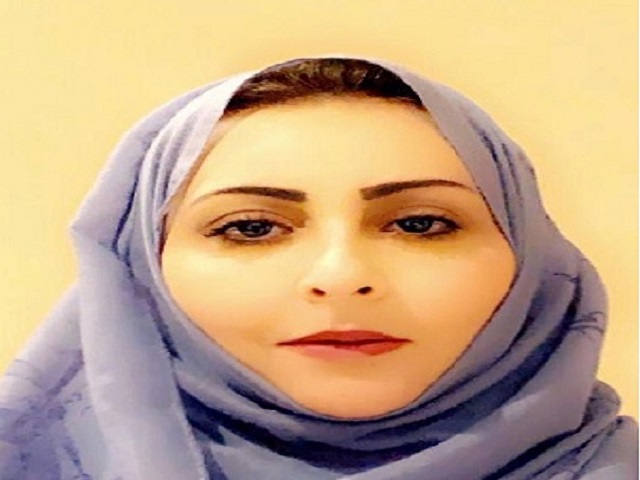
Dr. Aljohara Hamza
Speaker
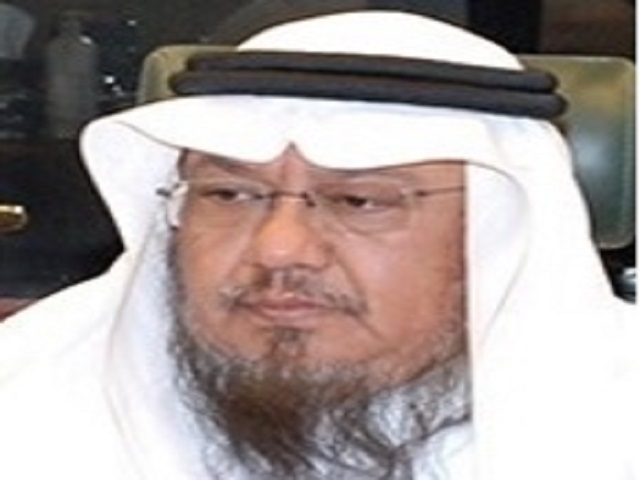
Dr. khalid Al Abdulrahman
Speaker
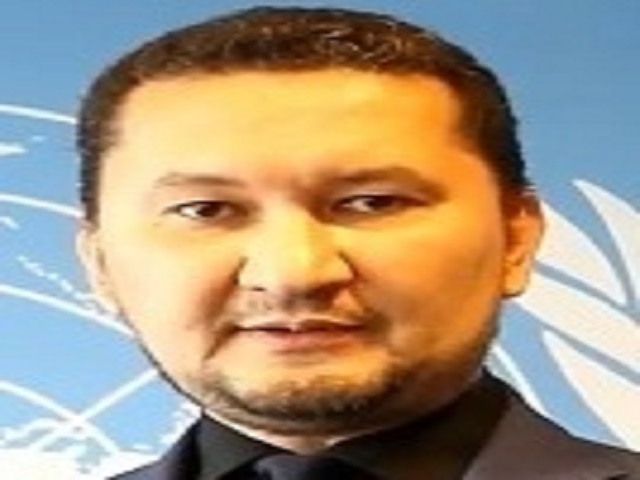
Toily Kurbanov
Speaker
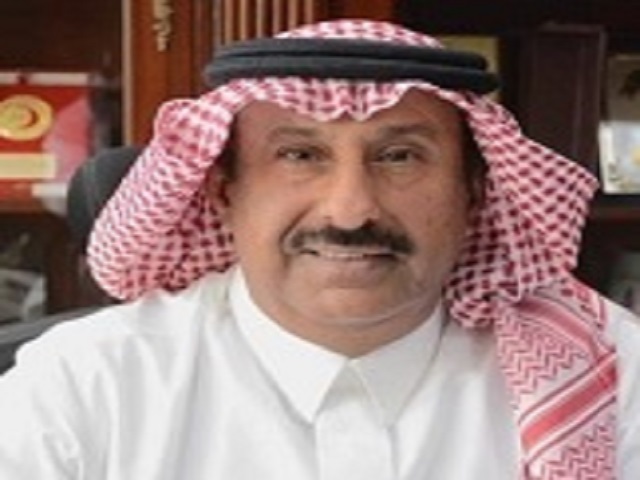
Dr. Saleh Al Tuwaijri
Moderator
End of 2nd RIHF
Statistics
Sessions
Speaker
Registered
Agreement
Organisation
Representative
Recommendations
Humanitarian – Development Nexus
1. Fully implement commitments of the UN General Assembly resolution 72/279 on the repositioning of the UN Development System, including delivery of the Funding Compact, the Management Accountability Framework and the UN Sustainable Development Framework in order to strengthen humanitarian-development-peace collaboration and reduce people’s needs, risks and vulnerabilities over multiple years.
2. Continue to advocate for and strengthen humanitarian-development-peace collaboration in order to reduce people’s needs, risks and vulnerabilities over multiple years, based on the comparative advantage of a diverse range of actors and through clear and measurable collective outcomes which contribute to the SDGs and are based on strengthened accountability mechanisms.
3. Under the Joint Steering Committee led by OCHA and UNDP, continue to advance Humanitarian and Development Collaboration, to promote greater coherence and efficiency of humanitarian and development action in crises and transitions to long-term sustainable development and in reducing risks and vulnerabilities to building resilience.
4. Support strengthened and inclusive collaboration between humanitarian, development and where relevant peace actors and communities to ensure the reduction of risks, vulnerability and overall levels of need of affected populations by working towards collective results
Health in Humanitarian context – focus on communicable diseases
1. Use of the SDGs as an
instrument to support integrated collaborative approaches for sustainable
communicable Disease Elimination Framework
2. To share critical
information generated through early warning systems to ensure early
interventions and more effective disease control/elimination by all actors and
stakeholders
Large-scale Migration flows from Africa across the Seas to the Gulf States and Europe in Humanitarian Settings
1. Create more
understanding on the scope of the migration problem, including the different
and interconnected drivers, trends and vulnerabilities, and to consider
positive practices in countries of origin, transit and destination in order
better controlling the dynamic of large-scale migration flows.
2. Harness the
discussion from this forum to contribute to the Global Compact for Safe,
Orderly and Regular Migration (GCM), as well as the SDG 10.7, to facilitate
orderly, safe, and responsible migration and mobility of people, including
through implementation of planned and well-managed migration policies.
Women, Children and People with Disabilities in Humanitarian Crisis and the Challenges of Humanitarian Action
1. The increased
investment and multisectoral support for young children and caregivers in
crisis and displacement settings have immediate and lasting impact on
protection and advancement of child rights and the creation of future peaceful
and stable societies.
2. Investment in early
childhood is imperative for the fulfilment of Convention on the Rights of the
Child (CRC), the Convention on the Rights of Persons with Disabilities (CRPD)
related obligations as well as the attainment of multiple SDGs.
3. Investing in the
implementation and development of humanitarian intervention projects for
persons with disabilities to ensure the neutrality of the humanitarian
response, and observance of the dignity and rights of all persons, as it
empowers them, build their capabilities, support, protect and integrate them
with their societies in conflict and disaster areas.
Sponsors
